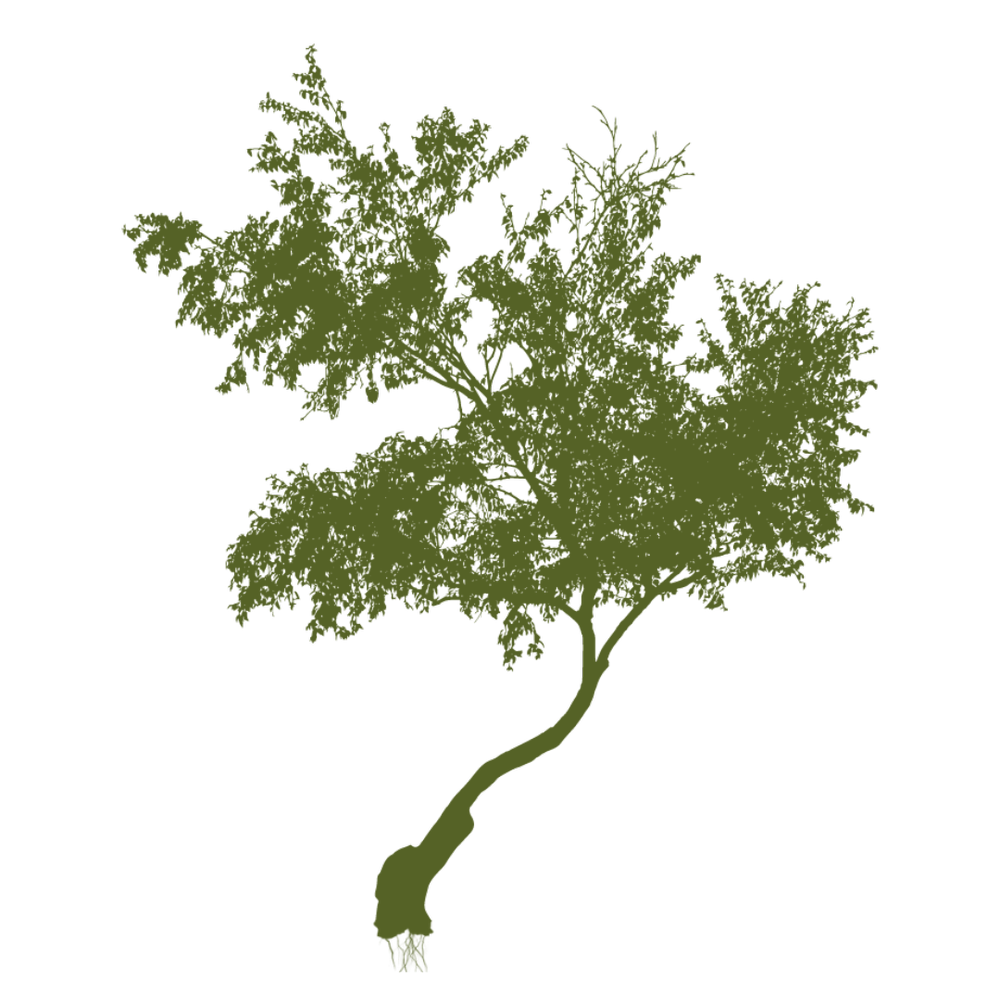I seldom leave the house without a modest selection of paints and something to paint on. At gatherings of friends or family, or students sitting around for want of something to do, I'll get the paints out, invite some creative play. Always, without fail, a few people will say 'Oh but I am not an artist...' or 'I am not a good drawer...' or 'I am not very creative...' And always these non-creatives will have a fantastic time painting and drawing things that afterwards they will claim are 'not very good'. Apparently one needs an Archibald to be an artist, but not being a very good drawer is enough to be a critic!
As we get older, wiser, more educated, so we become more specialised. The list of possible ways to finish the sentence 'I am...' gets shorter and shorter. All the while the list of 'I am not's gets longer and longer. Then something strange happens. The 'I am not' list is given an additional title, 'I can not'. Apparently we can't do anything that we aren't. Painting is for painters. Singing is for singers. Maths is for mathematicians. You get the idea.
This kind of self limitation prevents us from discovering new interests, pursuing new activities, trying new therapies, following latent dreams, and in extreme cases from finding out what really makes us happy.
In early childhood and early primary school things are a little different though. 'I am...' is used frequently, but never categorically. What I am changes according to what I am doing. A child dressed like a fairy will say 'I am a fairy'. A child painting a picture will say 'I am a painter'. Students in Science class will say without hesitation, 'We are Scientists!'. Indeed whatever a child is doing in a given moment is what they are in that moment.
The child says I am what I do, whereas the adult says I do what I am. The child understands that being is fluid, that one can be many things at different times. That professional qualifications or experience is not the determinant of identity. The adult thinks that to become a painter he or she must study, sell, become famous. The child thinks that to become a painter he or she must paint.
So, when talking to or about children I am careful of the phrases 'You are', 'He is' and 'She is'. Because being is fluid and labels are sticky, and when we use the latter, we leave little room for the former. As for us adults, observe how 'I am's and 'I am not's are used in our own lives. Observe whether we limit ourselves based on what we believe ourselves to be or not to be. How we might avoid experiences because they are not me. Or put ourselves down because we don't live up to external identity stereotypes.
Let's take some of those 'I am not's and move them over to the 'I am's. To define ourselves moment to moment, or even better, to avoid definitions altogether in favour of simply being. Because our identities are fluid, because we are what we are doing, and we can do anything we want at any time.

